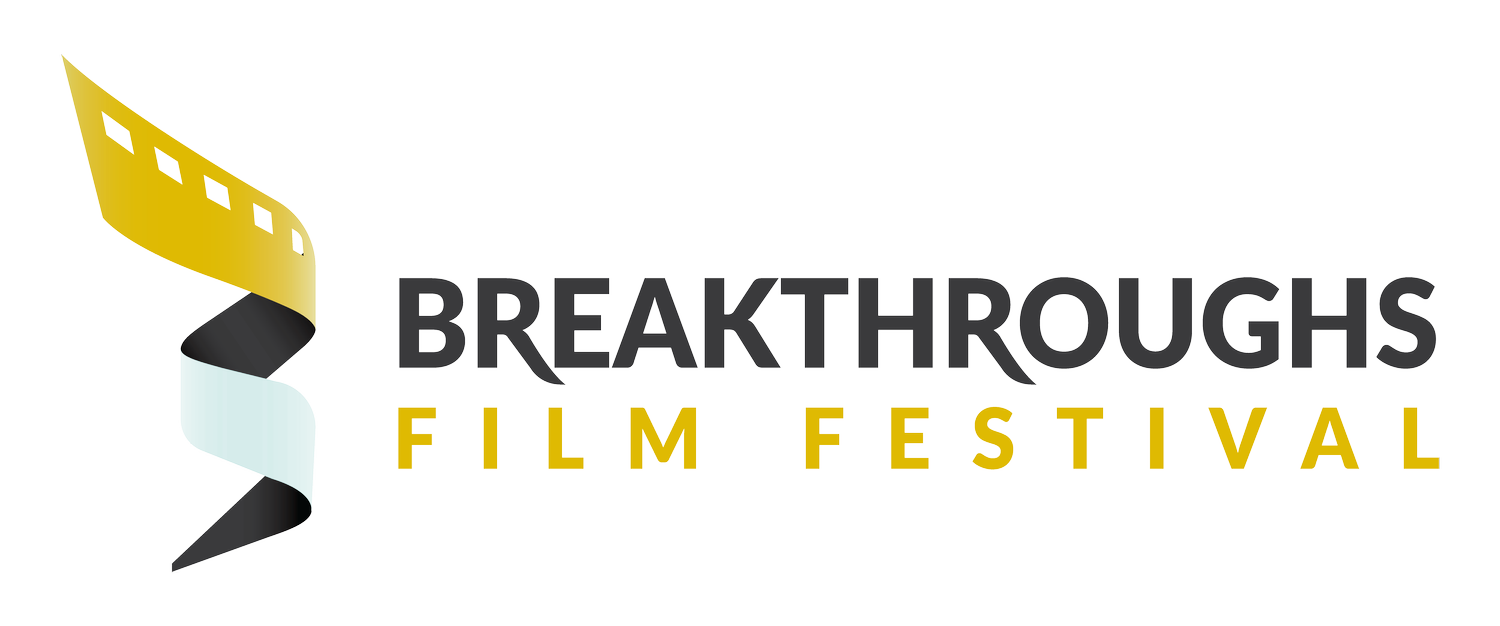In advance of BFF’s 2020 Online Festival, we will be sharing exclusive interviews with this year’s filmmakers. Get to know their films, their inspirations, and their advice to fellow emerging filmmakers. Check out our interview with Chanelle Lajoie, director of MÉTIS FEMME BODIES.
A dyslexic 7w6 who does not know her sun sign from her moon sign, Chanelle Lajoie is continuously striving to align her ethics, principals, and goals better than she does her posture. As a Queer Métis Femme living on Treaty 1 Territory, community building is Chanelle's medicine. Rooting and weaving her academic studies, work, and creative passions closely alongside her personal politics aids in merging the communities that reside in each.
Congratulations on your 2020 BFF film selection! Can you tell us a bit about your film?
Big Miigwetch/Thank you! Métis Femme Bodies is a collective narrative amongst those who exist within liminal spaces both as Indigenous and Queer people. The film speaks to individual experiences which weave themselves into a communal voice. We, as Métis Femmes, each disclose our private experiences regarding the ways in which our bodies move through colonial structures, and how these structures perceive us, accept us or don’t, use us or don’t, and the expectations set on us. Métis Femme Bodies is a story that continues to grow beyond the screen and in many other bodies. This story is just one.
What inspired you to tell this story?
This story was one that I have carried with me my entire life. Being born and raised in the heart of the Métis Nation, as a Métis person, has invited me to be witness to the adversaries and triumphs of Indigenous Peoples. This led me to want to better understand how my role, my place, my impact fit into this community, and I found that difficult when feeling isolated as an Indigenous person who was also queer. I refused to believe that I could truly be grappling with these thoughts alone, and from there felt it was necessary to gather with those who shared these sentiments and experiences. The opportunity to create these conversations and transcribe them onto film began with a class project. The course was “Conflict in the Arts” and our professor asked us to create a project that would build and sustain community long after the project had been completed. It was all meant to happen this way.
Still from Métis Femme Bodies
MÉTIS FEMME BODIES is shot in a beautifully intimate way. Can you tell us about how you got your characters to open up on camera?
Firstly, I would like to give thanks for appreciating the work and the participation of these beautiful people! The individuals who witnessed in the film each responded to a call out made via social media. With Winnipeg being the small city it is, I knew many of these folks in varying degrees. Before meeting I had asked each person three questions: What is it like to exist in your body? How has being Métis influenced your experience in your body? Has being Femme changed this experience at all? I think sharing identities, even with all their variances, our experiences allow for a sense of comfortability and trust. I trusted everyone to share their truth and express boundaries, and they trusted me to honour both. No two sessions were alike, but each began with sharing tea, snacks, and a conversation with promise to share the message our bodies have archived for others who may feel similarly.
What’s the core message that you wanted to convey to your audience through this film?
At the core, this film is meant to showcase the variances in how Métis Femmes appear, and how, with our vast shapes and shades, we can hold paralleled experiences. I also believe it is important to underscore the realization that much of what we may feel isolates us can be the basis of what brings a community together.
Still from Métis Femme Bodies
What’s next for you?
I was recently accepted into Winnipeg’s MAWA Mentorship Program. With the Help of Jennifer Smith, I will be looking for ways to build on my existing knowledge and skill set with regards to film. I am hoping to develop my voice in directions that are more experimental. I am thrilled to turn new ideas into a visual experience for others to enjoy!
What advice would you give to an emerging filmmaker just starting out?
To anyone with an interest in exploring the medium of film, like myself, please do not let fear stand between you and your project! Trust that your idea, whether it be to amplify your political voice in a visually accessible manner or to expand your creative toolkit, is a brilliant one. Trust your community to share resources, but also trust in your voice to ask questions when you do not know where to start. I often need to remind myself that as a new member of the film community I am not supposed to know everything, and to appreciate every learning opportunity. Remember that rules are meant to be experimented with, and your project can push creative boundaries. I hope it does, and I look forward to seeing where our work goes!
Care to share any films you’re inspired by, that our community should check out during this quarantine?
I would highly encourage folks to take time to watch films centering Black voices and Black experiences. A handful that I have found profoundly moving are The Life and Death of Marsha P Johnson, Get Out, Sorry to Bother You, When They See Us, and 12 Years a Slave.
Catch MÉTIS FEMME BODIES as part of BFF’s 2020 Online Festival, screening in the Shorts Program: I Am My Home. Join us June 25 - 28 for screenings, virtual Q&As, panel discussions and more! Get Tickets Today.



